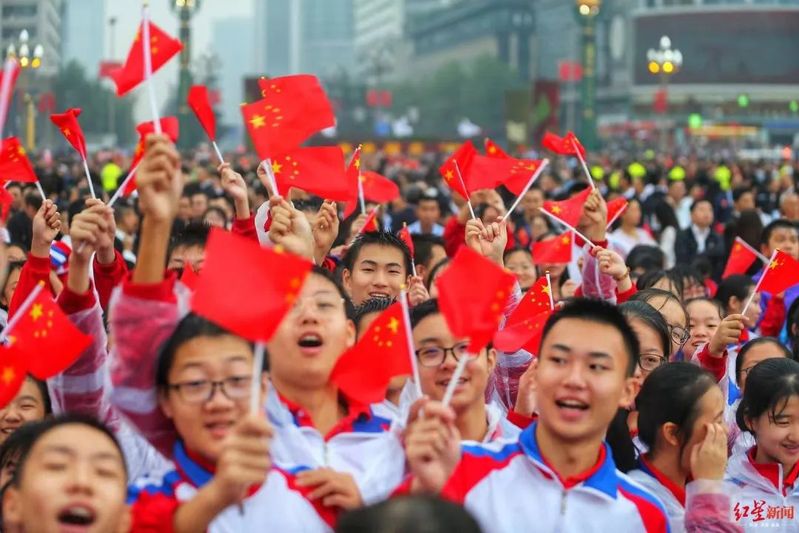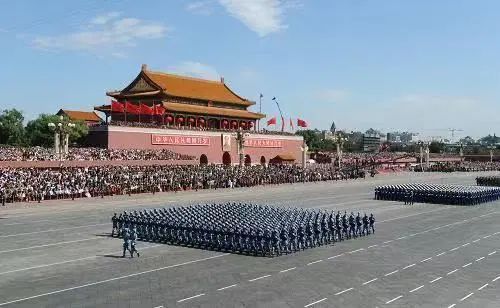
Auther:2022-10-01

The term National Day, which originally referred to national celebrations, was first seen in the Western Jin Dynasty. Lu Ji, a literary scholar of the Western Jin Dynasty, once recorded in the article On the Fifth Class Princes. In China's feudal era, the country's festive events were no greater than the enthronement and birth of the emperor, so in ancient China, the emperor's ascension to the throne and the birthday were called National Day. Today, the anniversary of the founding of the country is called National Day.
National Day is the most solemn political holiday in a country. Due to differences in traditions and customs, countries around the world also call and celebrate national days differently. Many countries in the world are called National Day or National Festival, some countries are called Independence Day or Independence Festival , some are called Republic Day, Republic Country Day, Revolution Day, Liberation Day, National Revival Day, Constitution Day, etc., and there are directly added Day to the name of the country, such as Australia Day and Pakistan Day, and some take the King's birthday or enthronement day as the National Day. Every year on National Day, countries hold different forms of celebrations to strengthen the patriotic consciousness of their people and enhance the cohesion of the country, and all countries will congratulate each other.

October 1st is China's National Day. Under the leadership of the Communist Party of China, the Chinese people went forward and won the great victory of the people's revolution. On October 1st, 1949, the founding ceremony was held in Tiananmen Square in the capital Beijing, and in the rumbling salute, Chairman of the Central People's Government Mao Zedong solemnly proclaimed the founding of the People's Republic of China and personally raised the first five-star red flag. The 300,000 soldiers and civilians who gathered in Tiananmen Square held a grand military parade and celebration parade. The founding of New China realized the independence and liberation of the Chinese nation and ushered in a new era in Chinese history. On September 1949, the First Plenary Session of the Chinese Political Consultative Conference decided that October 1 of each year would be China's National Day. National Day is an official holiday in China. To celebrate such a holiday, the first week of October is known as the Golden Week of public holidays. During the National Day, various celebrations will be held throughout the country to commemorate the birth of the People's Republic of China.

